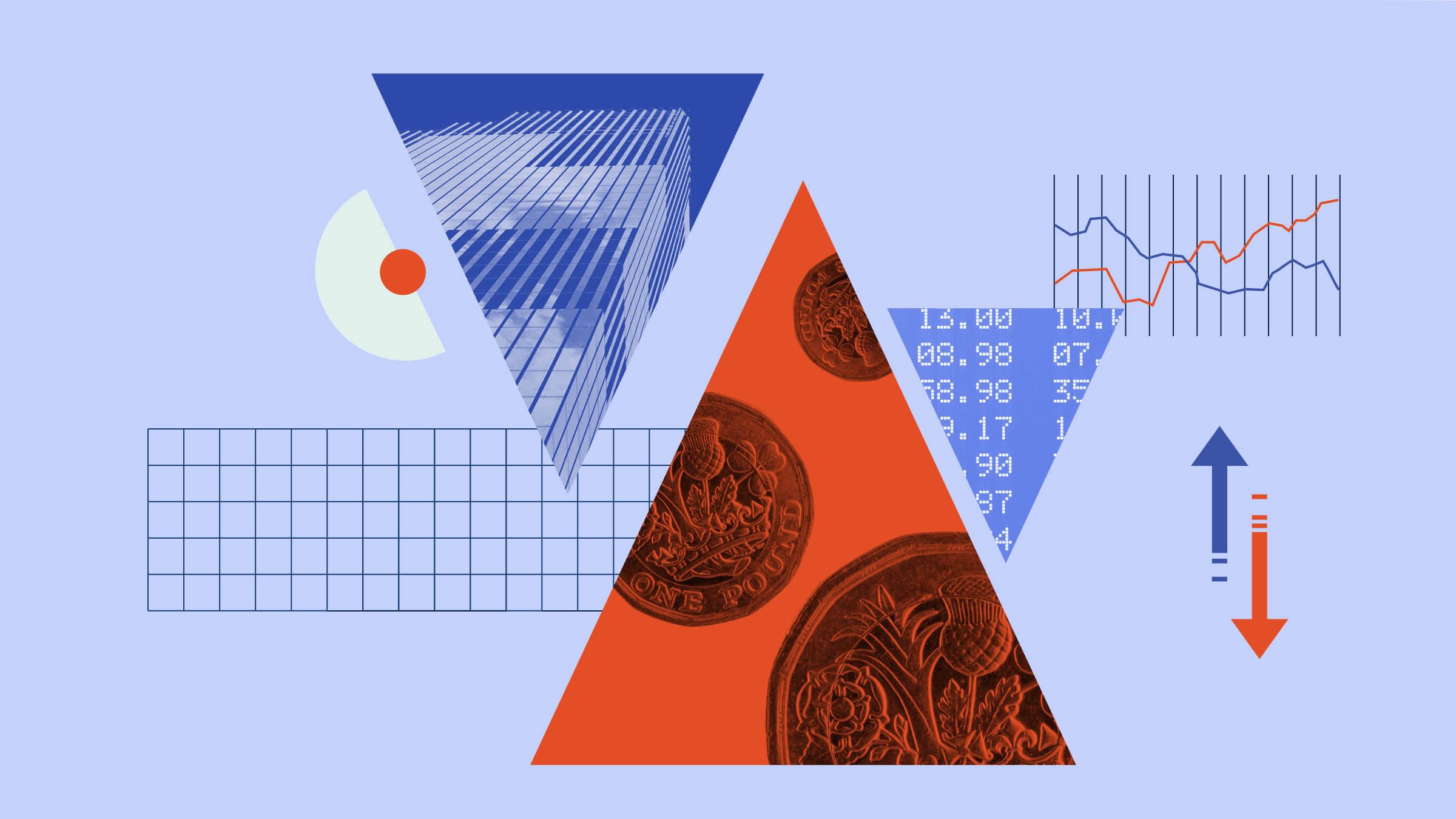Sunniva Kolostyak: Welcome to Morningstar. If you're a contrarian investor, you might have done quite well over the past year, and one fund that has done well is Orbis Global Balanced. So, I'm joined by the manager, Alec Cutler, in the studio today.
Alec, thank you very much for being here.
Alec Cutler: Thanks for having me.
Kolostyak: Can I just start with what is it that works in your favour?
Cutler: First of all, we do have a contrarian approach, which has worked quite well in recent years, and it was tough for some years before that. So, a lot of the things that worked well over the past year or 18 months tortured us for a bit before, because we were a bit early on the inflation theme, on energy and on defense stocks.
Kolostyak: Cool. So, if we focus on defense first, I guess being bullish on defense is not really something that you want to be as a human being. How have you managed that?
Cutler: Yeah, it's a good example of something I don't want to be bullish on. My daughter is in the military in the US, and I wish I didn't hold this view. But it is clear to us that we are looking at a resumption of the Cold War that ended nominally or took a leave of absence in 1989 with the fall of the Berlin Wall. We went through a wonderful period of peace dividend, and now we're back at it. It doesn't look like these drivers are going to go away. The countries that should be talking to each other aren't. The US feels threatened by China, and you have a global superpower conflict coming.
Kolostyak: I guess defense is part of a wider discussion around ESG as well. And I know that you have quite strong views on ESG in its current form maybe not working to its full potential. Can you talk to me through what it is that you don't think is working?
Cutler: Yeah. And just a bit of background. I ran an ESG fund in the late 90s. They used to call it SRI back then. And it had a huge ramp in popularity in the late 90s because it basically wound – you end up in growth stocks, great growth bull market. And then, when that bull market rolled over, SRI started to fade, and then no one really heard about it after 2004. So, I'm a bit worried that ESG, what I call ESG 1.0 or a rebranding of socially responsible investing, is tracking that same fate in that you've seen a big boom in service providers, it's becoming costly to operate, the marketers have gotten a hold of it and said, you can make more money doing ESG than you can in an index fund. That's now starting to fail, and you're starting to see money flow come out of ESG. And I think the ramifications for the important positive bits of ESG could wind up being quite negative. And a case in point would be last year we used more coal in the world than we ever had before. And that's 10 years into an ESG movement and four years after the Paris Climate Accords. So, when the bottom of the pyramid of needs is not being met, so that's food, shelter, warmth, then the top of the pyramid of needs, self-esteem, doing things that are good for the next 50 years, they just get pushed by the wayside and people want their houses heated.
Kolostyak: So, what is the solution here? What do you think investors like yourself need to be doing?
Cutler: So, we are proponents of ESG 2.0.
Kolostyak: What's that?
Cutler: That would be changing from a posture whereby it's seemingly black and white and there are good people and there are bad people. It's way too complicated. And you can say that, well, that was something that was needed to just get people's attention. But vilifying any industry that produced carbon is not really a way to move forward because you know what, those are the companies that have all the engineers, the chemists, the architects, the people who know how to fix the problem largely are sitting in those entities. So, to alienate them and just call them evil and say you can't come to a COP conference because you're an emitter of carbon, this isn't a wise way. So, ESG 2.0 to me needs to be a lot more inclusive of the carbon emitters. It also needs to be seriously inclusive of the 70% of the world that hasn't flown in an airplane. So, E does impact S. And the Western world seems to be focused very, very intently on E and there seems to be a lack of awareness on the impact that it has to the rest of the world from an S standpoint.
Kolostyak: So, these energy companies then, do you think they're doing enough in their current form, or I guess could you do more with engaging with them? How do you approach this?
Cutler: As BP said a few years ago, the world needs more energy and wants more energy, and it wants less carbon. So, you need to work with the energy companies to find ways to create less carbon, whether it's through carbon capture or whether it's through stripping out carbon and methane at the front end of a wellhead and to work together, not to shout at and say produce less. And then, we wind up with an energy crisis where the government is yelling at Shell and BP last year to produce more. Why didn't you produce more? So, we need some consistency. We need a participative discussion of smart people, not activists and politicians.
Kolostyak: Well, Alec, thank you very much for being in the studio today. For Morningstar, I'm Sunniva Kolostyak.

















